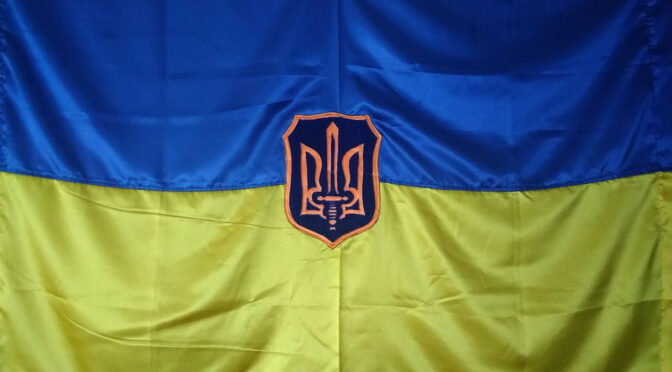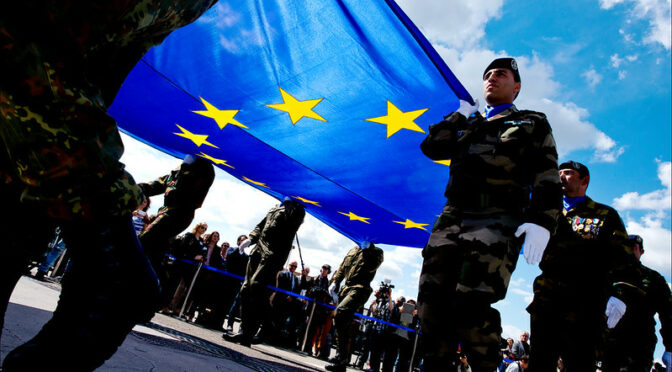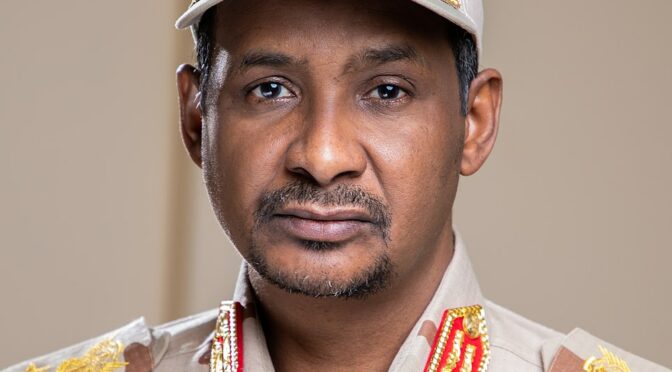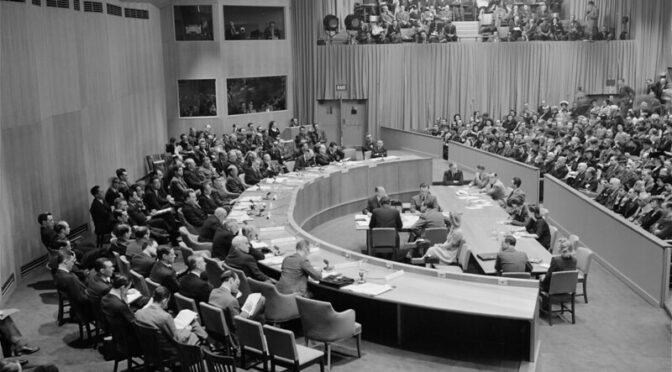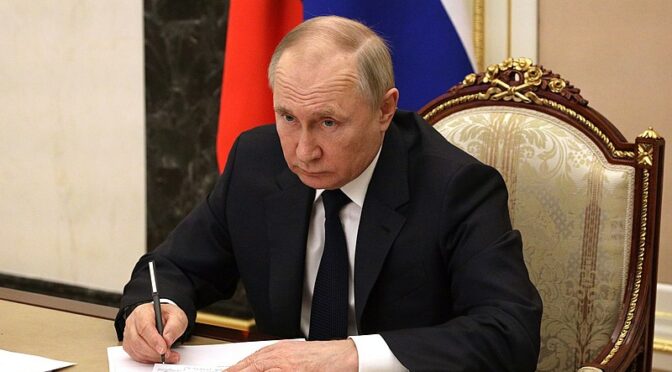Article published in The Daily Telegraph, 28 April 2023. © Richard Kemp
In recent weeks, optimism has been the main feature of analysis regarding Ukraine’s chances this summer, as Kyiv gears up for a major offensive. The failure of Russian forces to gain any significant territory since the winter has, quite understandably, excited Western pundits. But there is a risk that we are over-estimating Kyiv’s abilities and becoming complacent in the process.
Ukraine’s defence minister, Oleksii Reznikov, is now trying to damp down expectations. ‘It is definitely overheated – everyone wants another victory,’ he says. ‘We didn’t believe in victory before. We used to want Ukraine to survive at least minimally.’ His words are a critical reality check for those predicting the imminent collapse of Russian forces. We should all adopt such caution; not just to avoid disappointment, but also because it signals the need to plan for a sharp change of gear in our support for Kyiv.
The Ukrainian army says it has been generating more than a dozen brigades with tanks, artillery and engineers, much supplied by the West, to hurl at the Russians. While continuing to fight in the Donbas, the general staff has been conserving reserves and building them up to form a corps that can have a decisive effect against a strengthening Russian defence. But while this makes strategic sense, the fighting, especially in Bakhmut, has been very costly in artillery shells and missiles, depleting Kyiv’s reserve forces.
Armoured assaults against heavily defended enemy positions – which will define the Ukrainian offensive – are complex operations requiring extensive training and the ability to co-ordinate attack forces, combat engineers, air defence and air support. Yet the picture that emerged in the apparent leaks of classified Pentagon papers is one in which Ukraine will struggle to maintain these functions.
One reported leak stated that the ‘enduring Ukrainian deficiencies in training and munitions supplies probably will strain progress and exacerbate casualties during the offensive’. Continue reading

